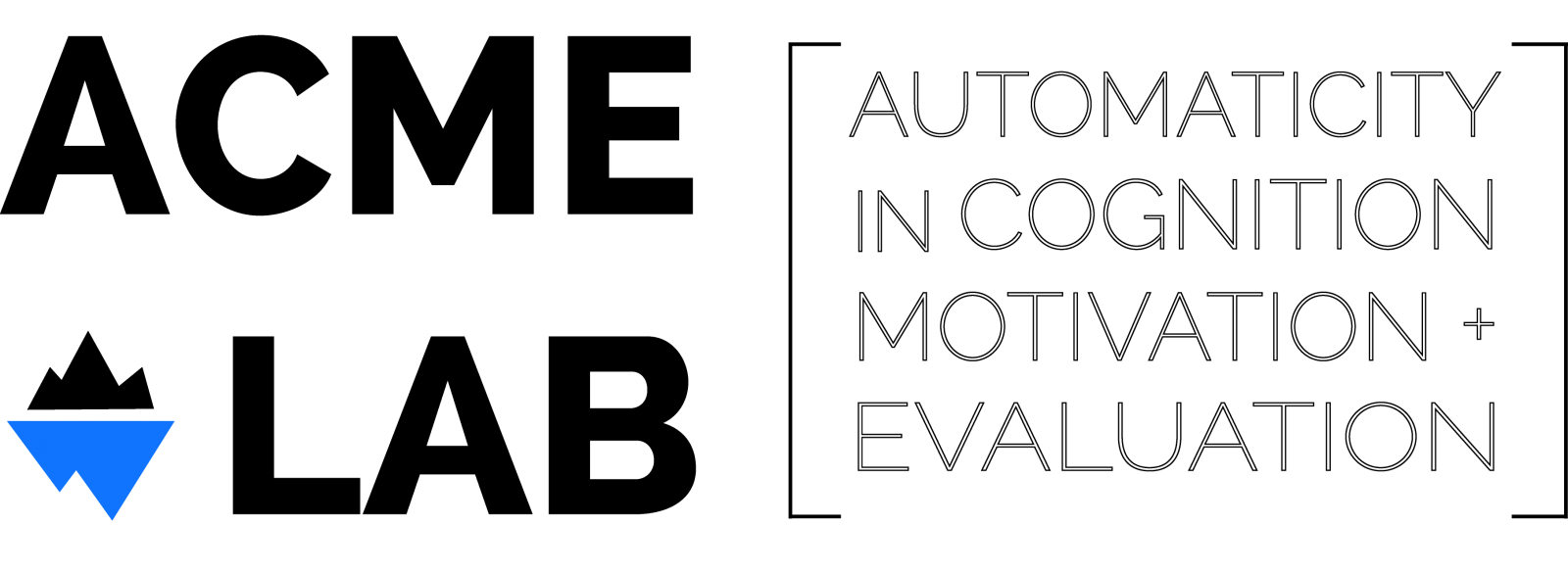Publications
(2010)
-
Ackerman, J. M., Nocera, C.C., & Bargh, J.A.
(2010)
Incidental haptic sensations influence social judgments.
Science,
328,
1712-1715.
-
Kang, Y., Williams, L., Clark, M., Gray, J., & Bargh, J.
(2010)
Physical temperature effects on trust behavior: The role of insula.
Social Cognitive and Affective Neuroscience,
1-9.
-
Morsella, E., & Bargh, J. A.
(2010)
What is an output?
Psychological Inquiry,
21,
(4)
354-370.
-
Morsella, E., Ben-Zeev, A., Lanska, M., & Bargh, J. A.
(2010)
The spontaneous thoughts of the night: How future tasks breed intrusive cognitions.
Social Cognition,
28,
640-649.
-
Bargh, J. A., Gollwitzer, P. M., & Oettingen, G.
(2010)
Motivation.
In S. T. Fiske, D. T. Gilbert, & G. Lindzey (Eds.),
Handbook of Social Psychology (5th ed.).
New York:
Wiley.
-
Bargh, J. A., & Morsella, E.
(2010)
Unconscious behavioral guidance systems.
In C. Agnew, D Carlston, W Graziano, & J. Kelly (Eds.),
Then a miracle occurs: Focusing on behavior in social psychological theory and research
New York, NY:
Oxford University Press.
(pp. 89-118).
